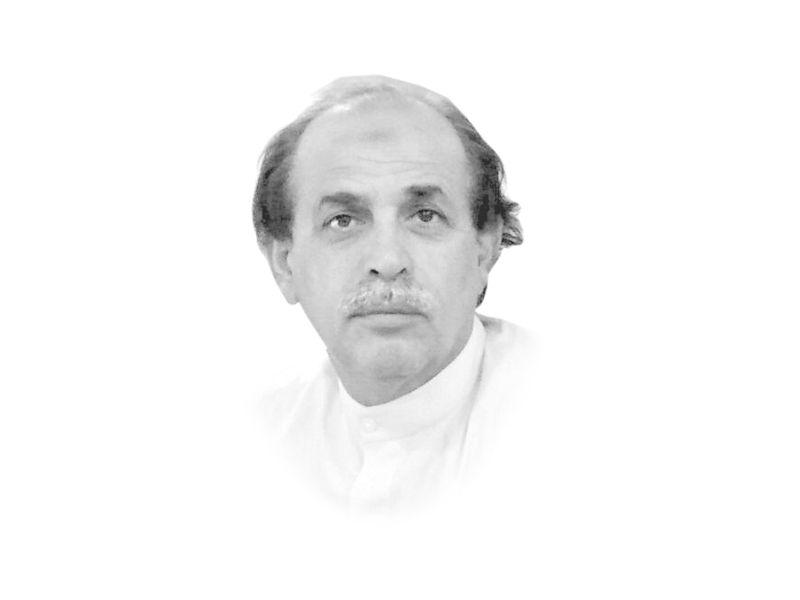
In 2015, the political milieu and the security situation remained relatively stable in K-P even though the province was abuzz with electioneering during the local government polls.
As the New Year beckons with the promise of a clean slate, there are countless expectations of improvement in the system of governance. Political leaders and analysts believe unless problems faced by the public are resolved and development initiatives are given priority, it could become increasingly difficult for the PTI-led government to implement its agenda of change.
United front
The Army Public School attack united all political parties in the fight against militancy. In addition, a majority of politicians have backed the armed forces and their fight against terrorism. Under the National Action Plan, various leaders have extended support to one another and have decided against political point-scoring.
However, there remain some thorny issues which could fuel hostilities at both the provincial and federal level.
PPP MPA Nighat Orakzai said, “The year 2015 ended with defeating of PML-N-led federal government regarding the privatisation of Pakistan International Airlines (PIA). The federal government’s one-sided stance on the China-Pakistan Economic Corridor (CPEC) could cause further tensions and crises.” According to Orakzai, the whole range of economic, trade and industrial opportunities that CPEC offers have been restricted to Punjab. She believes this could fuel a sense of deprivation in other parts of the country.
Cycle of scepticism
ANP leader Zahid Khan is sceptical of the PTI government and does not expect it will improve governance in the province. He believes the PTI government has failed to honour commitments made during the May 2013 general elections.
Zahid also criticised the provincial administration for being unable to fulfil its responsibilities even after successful military actions against militants in North Waziristan and Khyber Agency. According to the ANP leader, it was the responsibility of the PTI government to arrests militants who were slipping into the province from the Federally Administered Tribal Areas (Fata) following military offensives.
He said the government’s failure in achieving this goal can be exemplified by Sunday’s targeted attack on an army truck on Islamabad-Peshawar Motorway.
Lack of political stability
Both Orakzai and Zahid insist political stability, mutual understanding and cohesion always depend on the policies of the ruling party.
The ANP leader said PTI leaders lack patience and tolerance.
On the other hand, Orakzai believes internal rifts and incompetent leadership has made it difficult for PTI leaders to build mutual understanding with other political parties and take its leaders on board on important issues such as CPEC and the future of Fata. Orakzai believes a large number of people in the province are politically aware and it could be particularly difficult for PTI leaders to deceive them with hollow claims and empty promises.
Sikandar Zaman, a social activist, told The Express Tribune, “The situation in K-P is different from other three provinces. As a result, political parties need to maintain contact.”
According to Zaman, unless economic deprivation is addressed in the province, no one can put an end to issues such as extremism, terrorism, poverty and illiteracy.
Published in The Express Tribune, January 4th, 2016.
1732521023-0/biden-(1)1732521023-0-405x300.webp)
1732520496-0/BeFunky-collage-(86)1732520496-0-165x106.webp)
1732519472-0/lamar-(3)1732519472-0-165x106.webp)
1732519298-0/BeFunky-collage-(85)1732519298-0-165x106.webp)







COMMENTS
Comments are moderated and generally will be posted if they are on-topic and not abusive.
For more information, please see our Comments FAQ